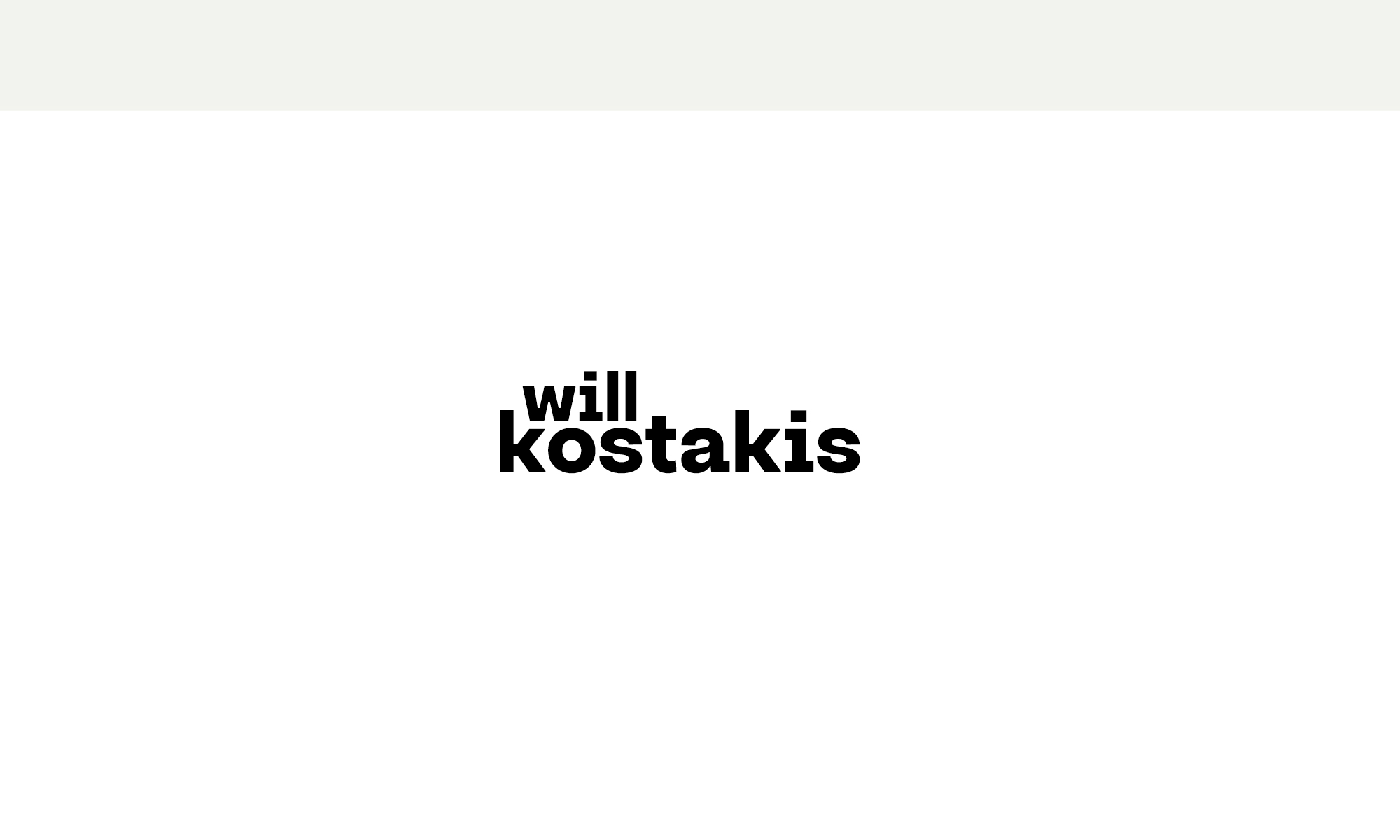
We Could Be Something has been shortlisted for the Prime Minister’s Literary Awards! This is my second time, the first being The First Third‘s shortlisting ten years ago (and the connective tissue between both novels makes this especially meaningful).
Big congratulations to my fellow nominees. The judges described Karen Comer’s Grace Notes as an “assured debut verse novel captures the fear, anxiety and boredom of Melbourne’s Covid lockdowns with pinpoint accuracy”, Gary Lonesborough’s We Didn’t Think it Through as “an honest reflection on vulnerable masculinity in all its frailty, fear, and doubt”, Lili Wilkinson’s A Hunger of Thorns as “a unique specimen of the genre filled with bursts of unrestrained creativity and vividly descriptive writing” and Melissa Kang and Yumi Stynes’ Welcome to Sex! as “a fearless, frank and important resource for young people”. Read their full notes.
The judges’ comments about We Could Be Something:
17-year-olds Harvey and Sotiris both live in Sydney’s Darlinghurst and are trying to find their paths in life under difficult circumstances. Subtly and skilfully, Kostakis shows the reader differences and resemblances between the inner and outer worlds of the two young men.
Kostakis has achieved a new level of excellence with this novel, capturing both characters with crisp, clear prose, layered with meaning and pathos. Brimming with raw emotion and truth, We Could Be Something contains vivid descriptions of the Darlinghurst and Kings Cross area of Sydney, and of Greek-Australian culture, intergenerational living, and Australia’s LGBTQI evolving communities.
Kostakis writes with authenticity and insight about a teen novelist having his ego and creative spirit crushed when his first novel falters. The novel’s bittersweet conclusion avoids cliche and leaves the reader with something far more complex, realistic and lingering than a tidy ending. Kostakis balances the reader’s desire for satisfaction with this story’s demand for authenticity with enviable skill.
This is a powerful novel with universal appeal, imbued with heart and wit, told with control and maturity.
This caps off an incredible year of shortlists, with We Could Be Something also making the lists in Victoria, New South Wales and Queensland. A big thank you to everybody who has championed and supported the novel. It was my way of working through the worst news of my life (IYKYK) and the fact that it’s struck such a resounding chord is humbling.
If you can’t get enough of shortlists, Readings has just announced the YA shortlist for their annual prize. It highlights the exciting works of new and emerging talent, and always pushes some interesting reads to the top of my TBR.






